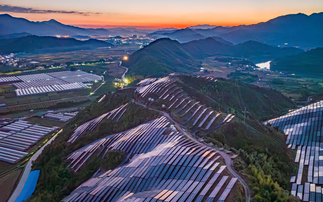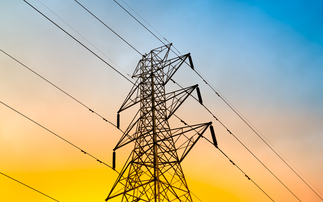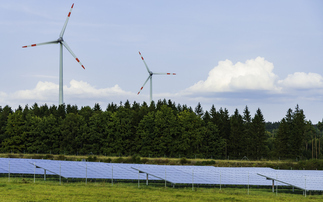Only one thing is certain in the latest row over energy bills, efficiency makes more sense than ever
The future is a foreign country, they do things differently there, as L. P. Hartley almost said. It is part of human nature to try and predict the future and those who get good at it - whether it is in...
To continue reading this article...
Join BusinessGreen
In just a few clicks you can start your free BusinessGreen Lite membership for 12 months, providing you access to:
- Three complimentary articles per month covering the latest real-time news, analysis, and opinion from Europe’s leading source of information on the Green economy and business
- Receive important and breaking news stories via our daily news alert
- Our weekly newsletter with the best of the week’s green business news and analysis









